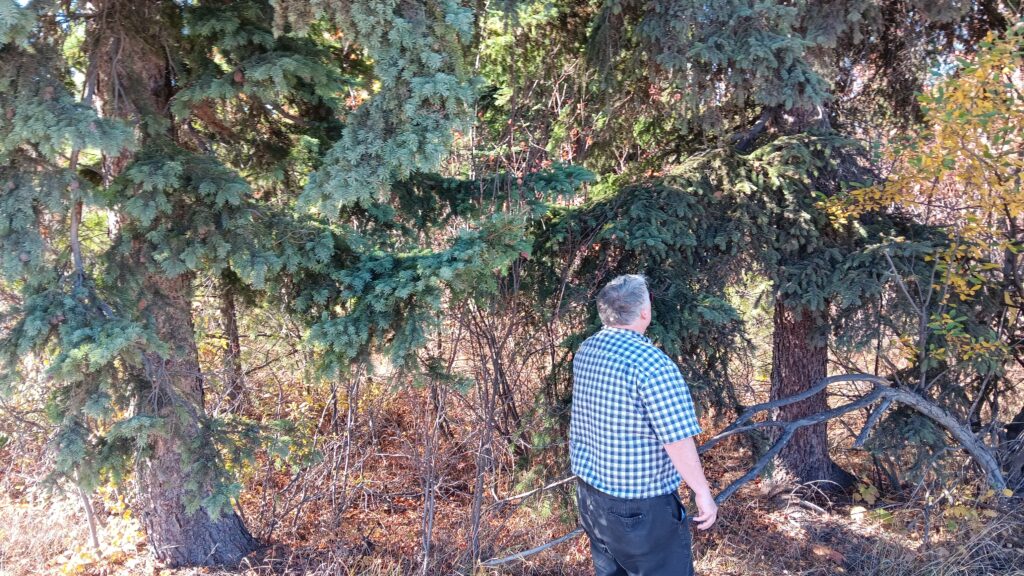“Educators respect and value the history of First Nations, Inuit and Metis in Canada and the impact of the past on present and the future. Educators contribute towards truth and reconciliation and healing. Educators foster a deeper understanding of ways of knowing and being, histories and cultures of First Nations, Inuit and Metis.”

Most of my life I’ve been a scientist. I’m not sure when it started but by high school it was deeply rooted in me. My world view revolves around evolution, and metrics. Until recently these notions had never been challenged in me, and how they reflect my nature. Recently I’ve evaluated the studies of the Logical Posivists, scientific philosophers of the 20th century who’ve drawn a blank when deciding criteria for a science. We simply cannot create criteria that allows all “science” and excludes all “pseudo-science”. At the atomic level, physicists are finding it very difficult to have consistent measurements and are instead forced to rely on “comparisons”. The foundations of my world view are not perfect, and do not overshadow the views that others have to offer.
I’ve recently become actively studying First Peoples world view and I am pleasantly surprised with what I find. I have found rich cultures with deep connection to the land, and an intimate knowledge of material properties. I have discovered new ways of viewing weeds, and waste lands as neighbors and domains of incredible biodiversity. I believe that my current goal (I do hope this term ages well) is to naturalize my practices. That is to say to become part of the local systems, rather than give way to the globalizations that is occurring in our time. This means teaching our students about local biomes, history and cultural practices. This also means participating in local traditions. The goal is to form a strong community. One where everyone can succeed.